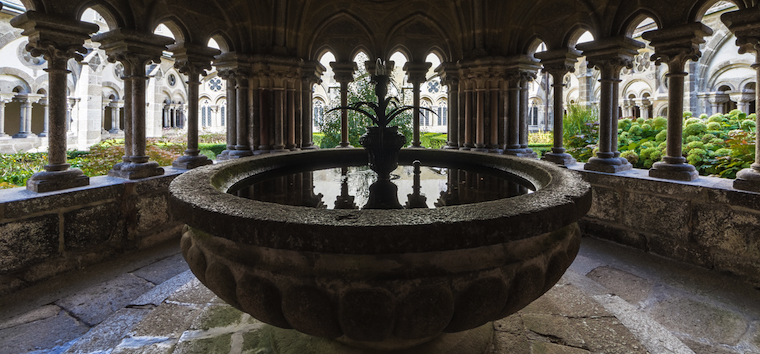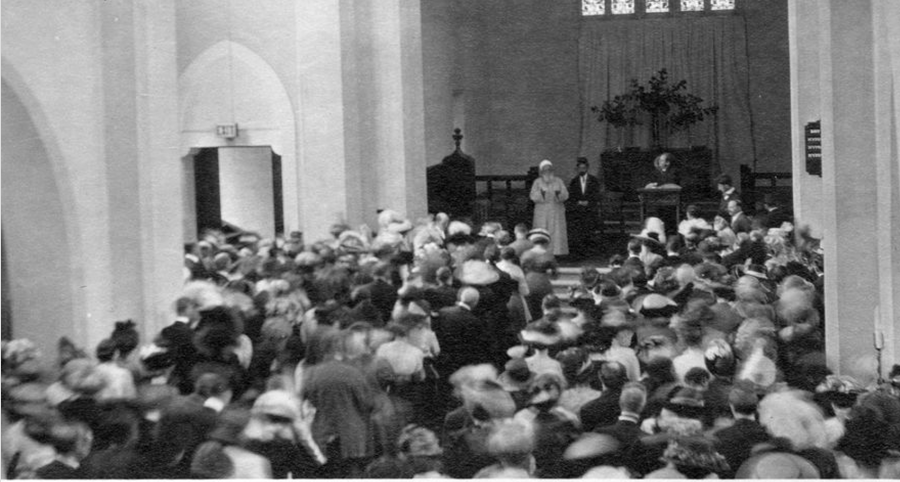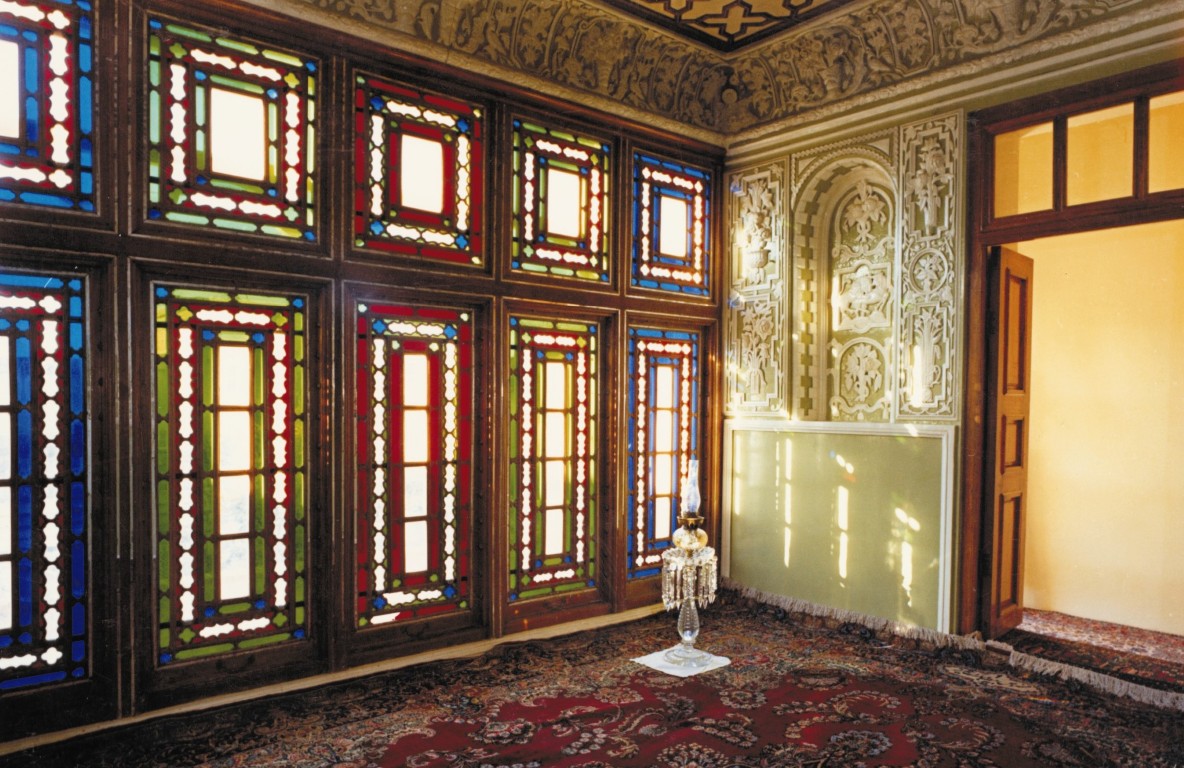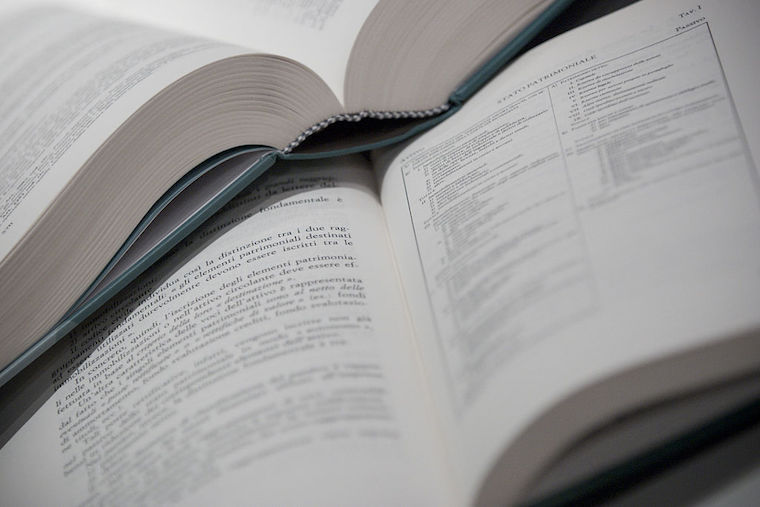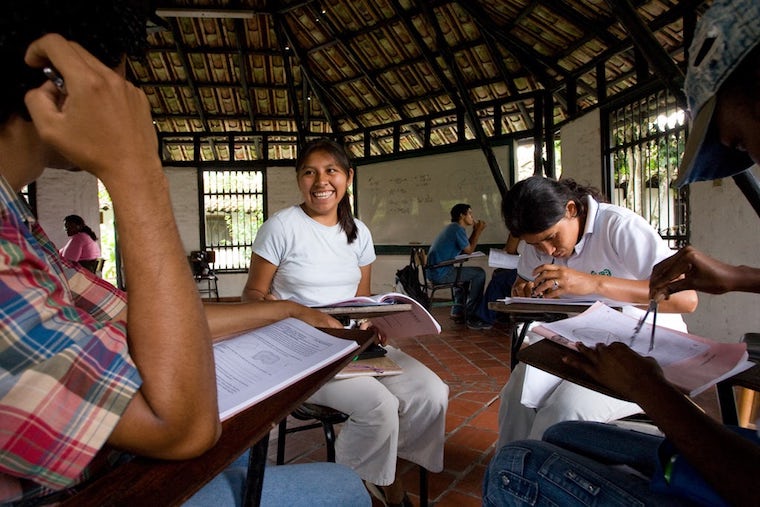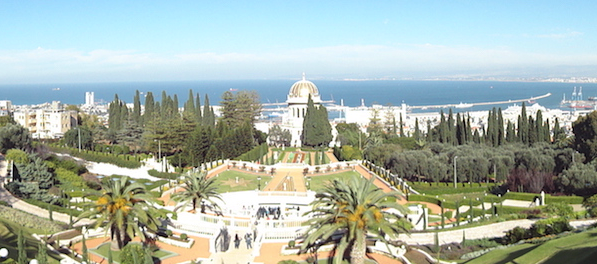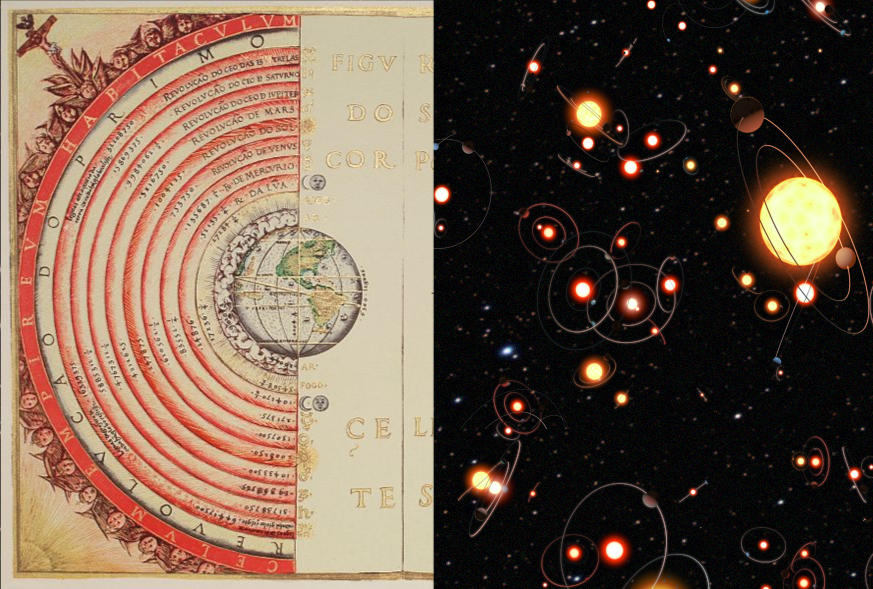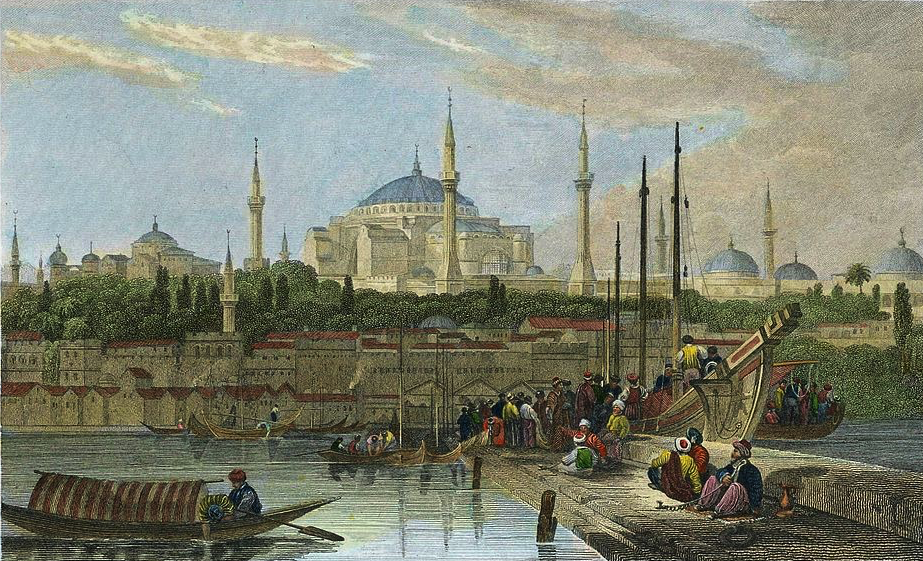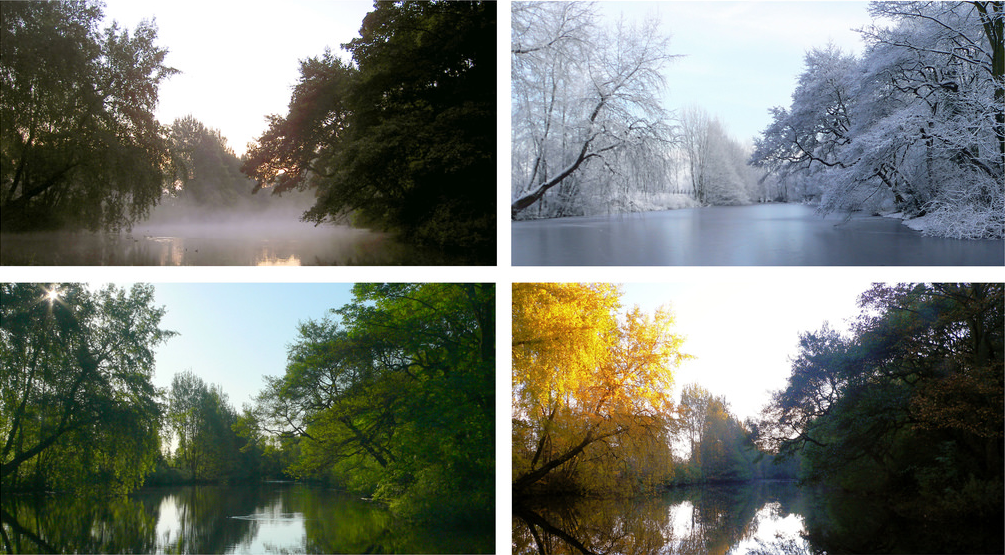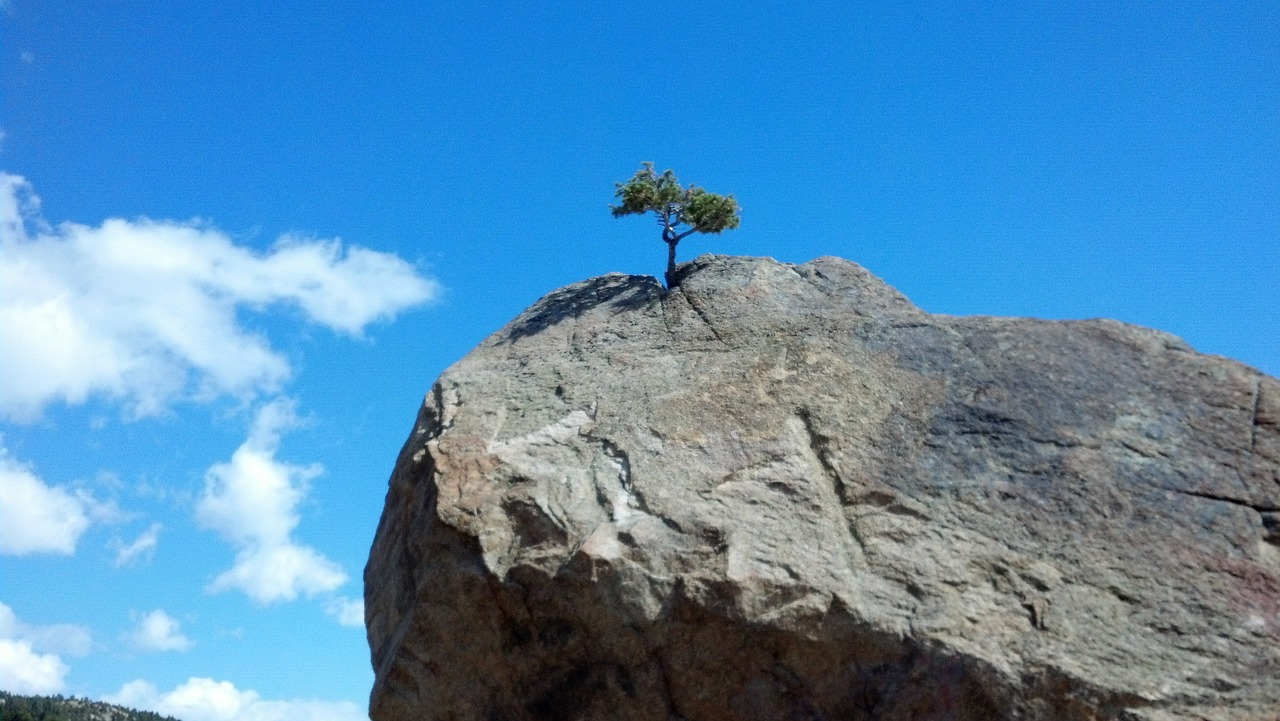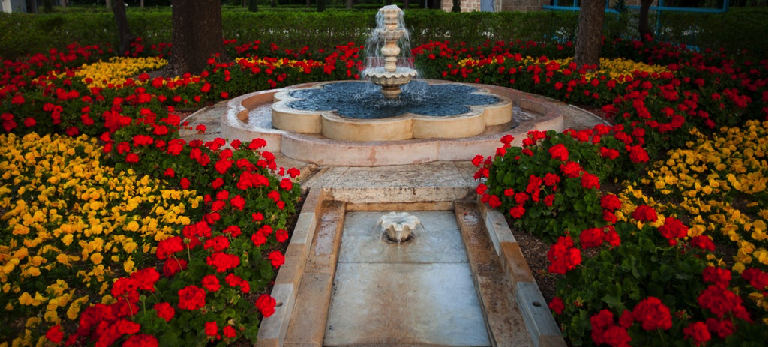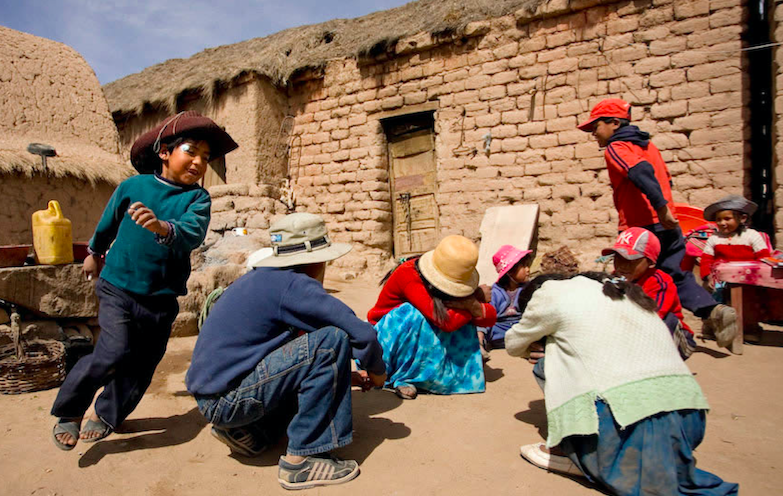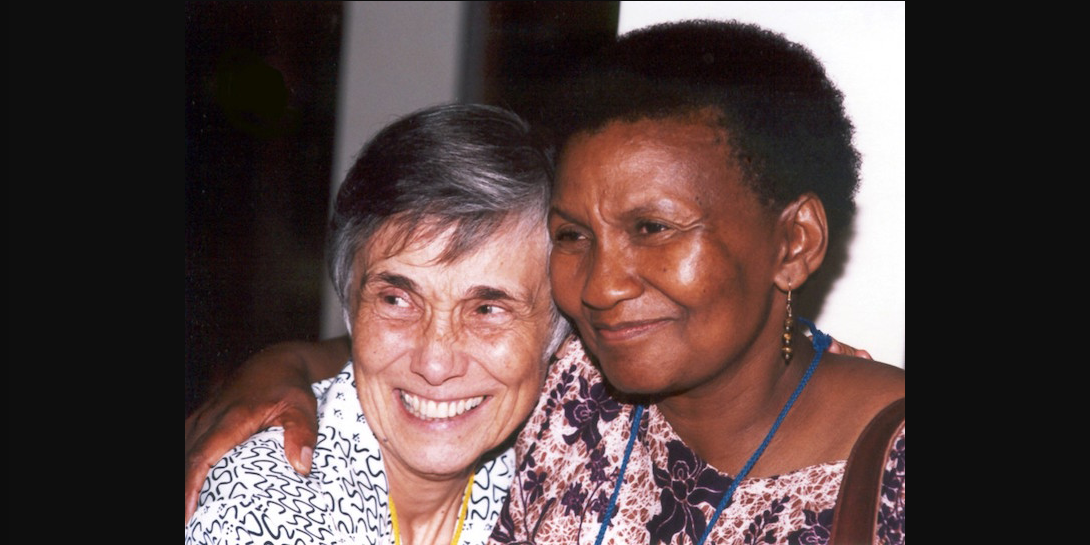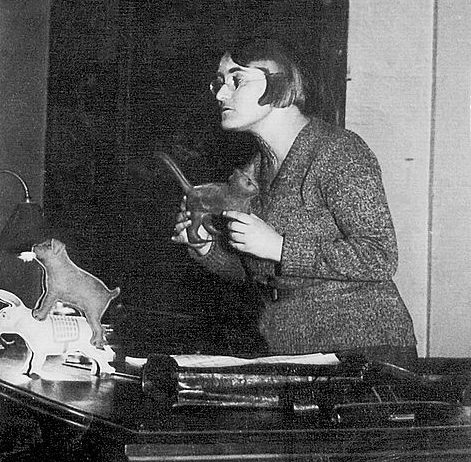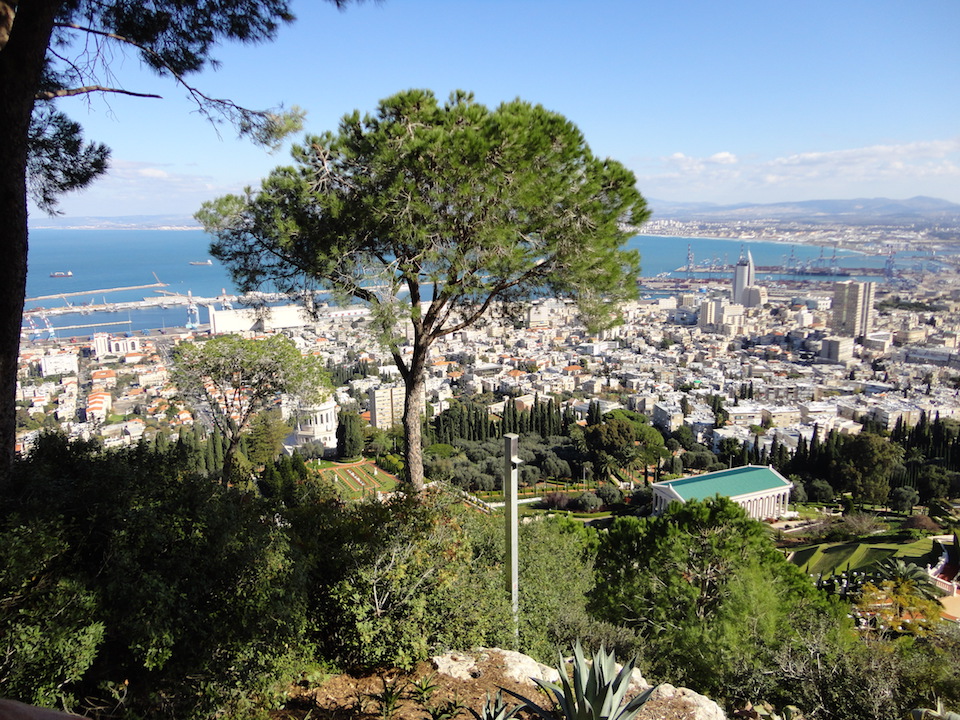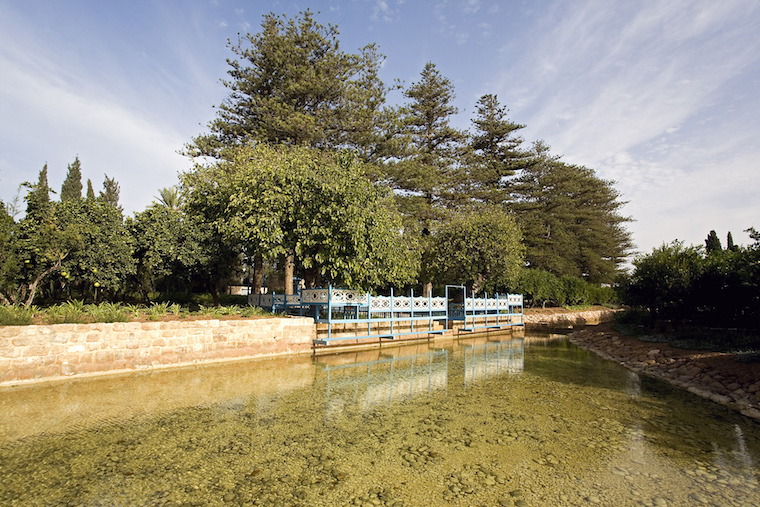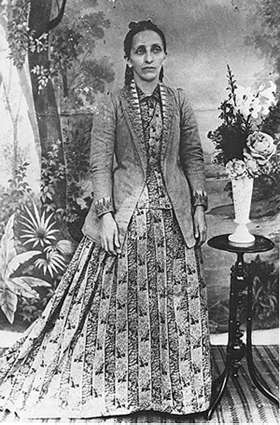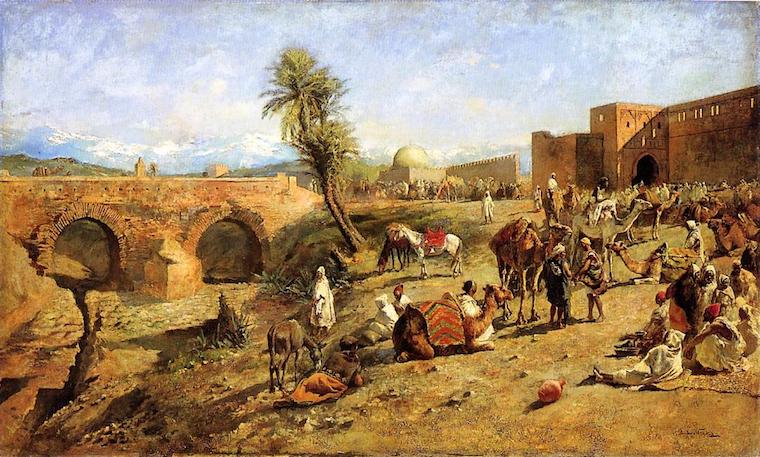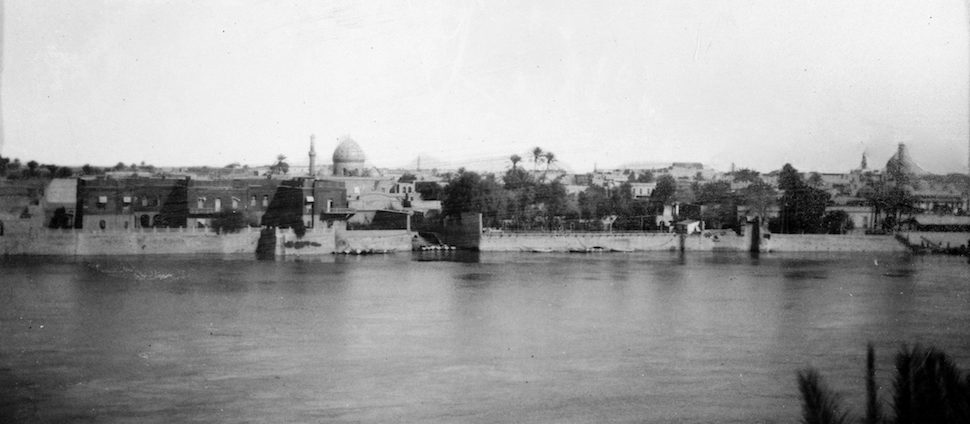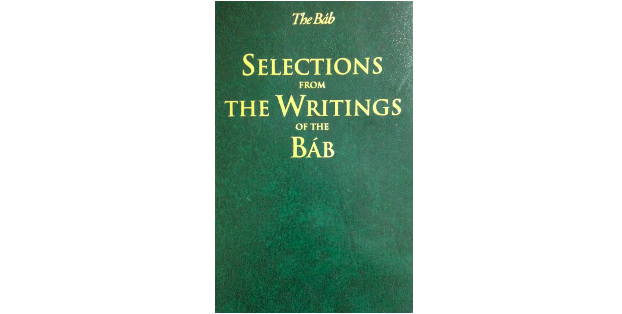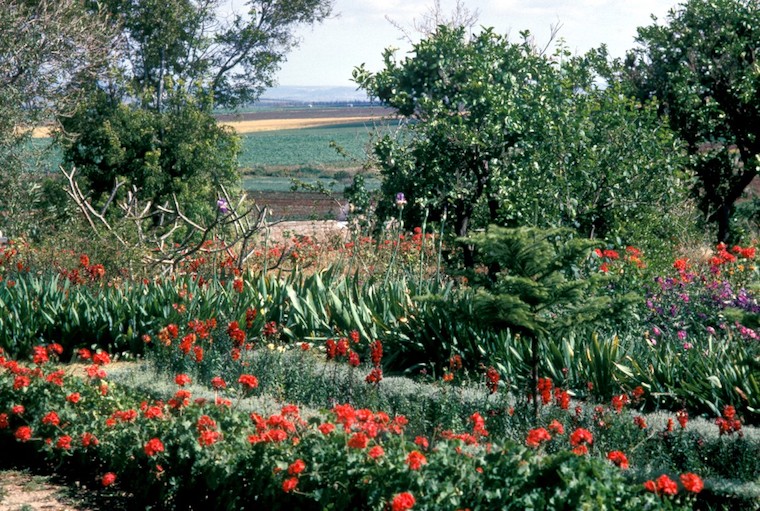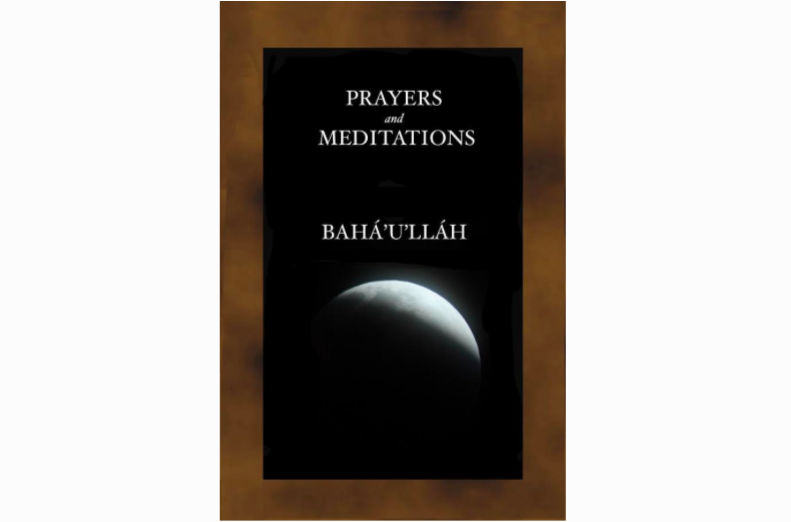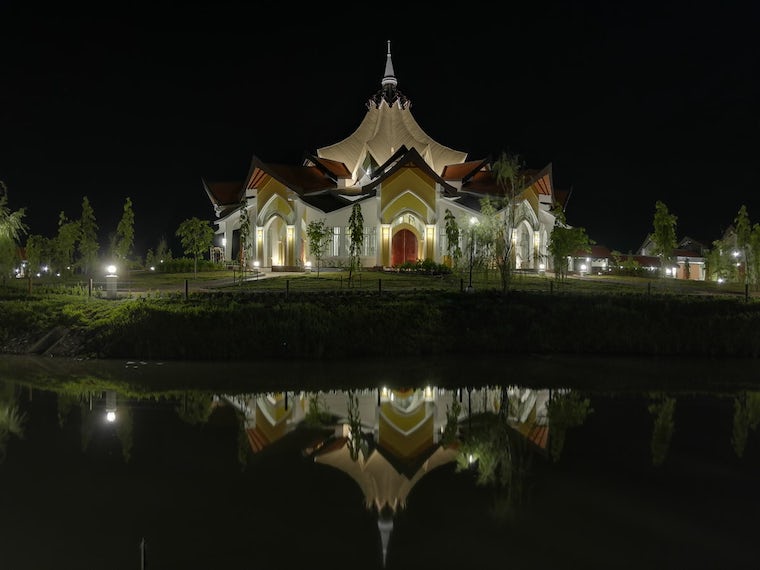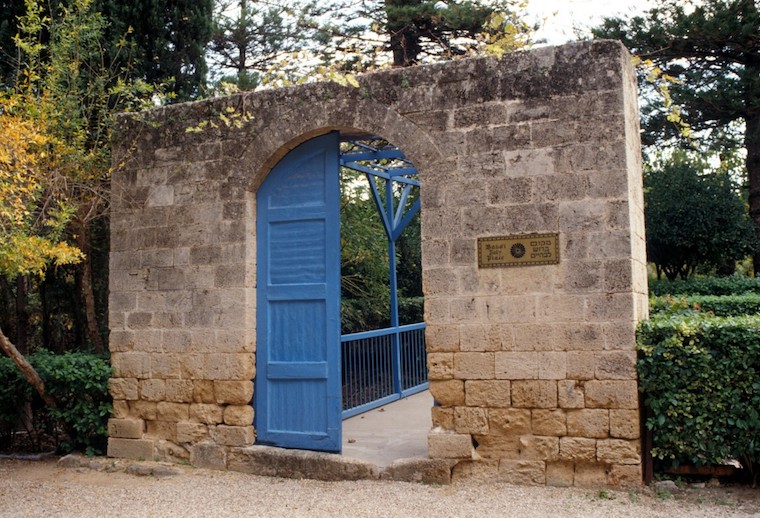200th anniversary articles
-
“Whoso quickeneth a soul hath verily quickened all mankind.”
“Whoso quickeneth a soul hath verily quickened all mankind.”[1] Here the quoted text appears in a letter written by Bahá’u’lláh to one of his followers, in the later years of his mission.[2] The quoted words, however, come from the Qur’an. In this English translation of the passage, we see yet another example of Bahá’u’lláh reframing an ancient concept and bringing out new and beautiful meanings. The translation is an inspired one, for it is clear that this is what Bahá’u’lláh means in the context he uses the sentence. He is speaking to his followers about their duty to teach the Baha’i Faith and the manner in which they should discharge this…
-
Dimensions of Unity: the Lawh-i-Ittihad
The theme of unity is woven explicitly and implicitly into Bahá’u’lláh’s mission and teachings. It is the entire purpose of his mission. In the Lawh-i-Ittihad, Bahá’u’lláh discusses some of the dimensions of unity. An authorised English version of this work is not available as yet, although descriptions of this work are available in Adib Taherzadeh’s fourth volume and Moojan Momen has provided a description and provisional translation. The following is a translation of two passages of the Lawh-i-Ittihad appearing in a letter of the Universal House of Justice. And amongst the realms of unity is the unity of rank and station. It redoundeth to the exaltation of the Cause, glorifying it…
-
Cycles of Time: The World Is Not About to End
A further question answered by Bahá’u’lláh in the Tablet to Vafa, is about the concept of “return”. The concept changes utterly religious expectations about the future (at least in the Abrahamic traditions). The world will not be destroyed in a literal “Day of Judgment”. Know thou that the end is like unto the beginning. Even as thou dost consider the beginning, similarly shouldst thou consider the end, and be of them that truly perceive.[1] This suggests not linear time (which is the primary way in which we think about time in the current world); but rather cycles of time. To illustrate the concept Bahá’u’lláh recalls that the Bab has stated that…
-
Paradise
The Sura of Vafa replies to a number of questions. One question was about paradise. Like many parts of Bahá’u’lláh’s writings, these ancient religious concepts are recast in a new form by Bahá’u’lláh. Here is part of Bahá’u’lláh’s reply. It is a reality and there can be no doubt about it, and now in this world it is realized through love of Me and My good-pleasure. Whosoever attaineth unto it God will aid him in this world below, and after death He will enable him to gain admittance into Paradise whose vastness is as that of heaven and earth. Therein the Maids of glory and holiness will wait upon him in the…
-
Infinite Worlds
The Sura of Vafa (Suriy-i-Vafa) is another work from the latter period of Bahá’u’lláh’s life. Like other works of this period it is written to one of Bahá’u’lláh’s followers, this time in response to specific questions. Among them is a question about the “worlds of God”. This is Bahá’u’lláh’s reply. As to thy question concerning the worlds of God. Know thou of a truth that the worlds of God are countless in their number, and infinite in their range. None can reckon or comprehend them except God, the All-Knowing, the All-Wise. Consider thy state when asleep. Verily, I say, this phenomenon is the most mysterious of the signs of God amongst…
-
The Green Island and the Angel of Trustworthiness
In Tarazat (Ornaments) Bahá’u’lláh counsels his followers to be trustworthy. In describing trustworthiness, Bahá’u’lláh recounts a vision which he saw while on “the Green Island”. The Green Island is a small island of land created by a fork in a stream. It is near the prison city of Akka. Knowing Bahá’u’lláh’s love for nature, Abdu’l Baha leased the land in which the Green Island was found, anticipating that Bahá’u’lláh would be able to enjoy an access to nature that he had been denied in the years of imprisonment in Akka. The creation of the garden on the land was a work of love. Soil for the plants had to be brought. Plants…
-
Salman – Bahá’u’lláh’s Postman
As mentioned in a previous article, it was not so easy for Bahá’u’lláh’s letters to reach their intended audiences. How did they make their way from the various points of exile and imprisonment Bahá’u’lláh endured? The answer is a man named Salman who was born in South-West Iran. Salman had become a follower of the Bab and later a follower of Bahá’u’lláh. From the time when Bahá’u’lláh was living in Iraq, Salman took up a life’s work of being the means of communication between Bahá’u’lláh and his followers. The distances involved were vast, and by the time Bahá’u’lláh was exiled to Akka required journeys on foot of over 2000 kilometres.…
-
Ishraqat – What is Religion For?
In Ishraqat we also find an explicit discussion of the purpose of religion. The fact that Bahá’u’lláh has set this out in such explicit terms is another of the unique aspects of his life’s work as a prophet. The purpose of religion … is to establish unity and concord amongst the peoples of the world; make it not the cause of dissension and strife. The religion of God and His divine law are the most potent instruments and the surest of all means for the dawning of the light of unity amongst men. The progress of the world, the development of nations, the tranquillity of peoples, and the peace of…
-
Ishraqat – Universal Education, World Language and Global Institution
The work Ishraqat is a rich source of key teachings of Bahá’u’lláh. Among them are universal education, a world language and the establishment of the Universal House of Justice, the international governing council of the Baha’i Faith. Both Universal Education and a World Language are later identified by Abdu’l Baha as key principles of the Baha’I Faith. The Universal House of Justice is a foundation stone for human unity. In drawing attention to the importance of education, Bahá’u’lláh reminds his readers that in his book of laws, the Kitab-i-Aqdas, he has made the provision of education to children (both sons and daughters) an obligation of the child’s father (or where…
